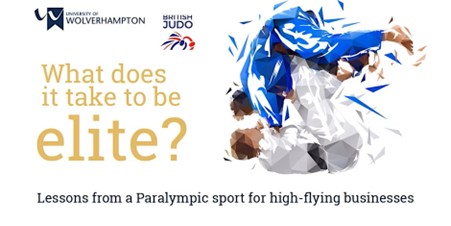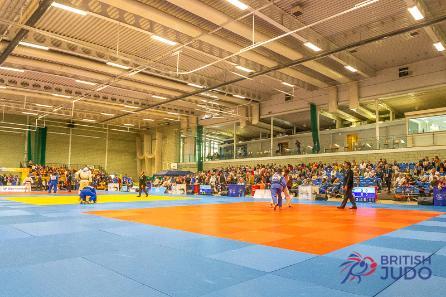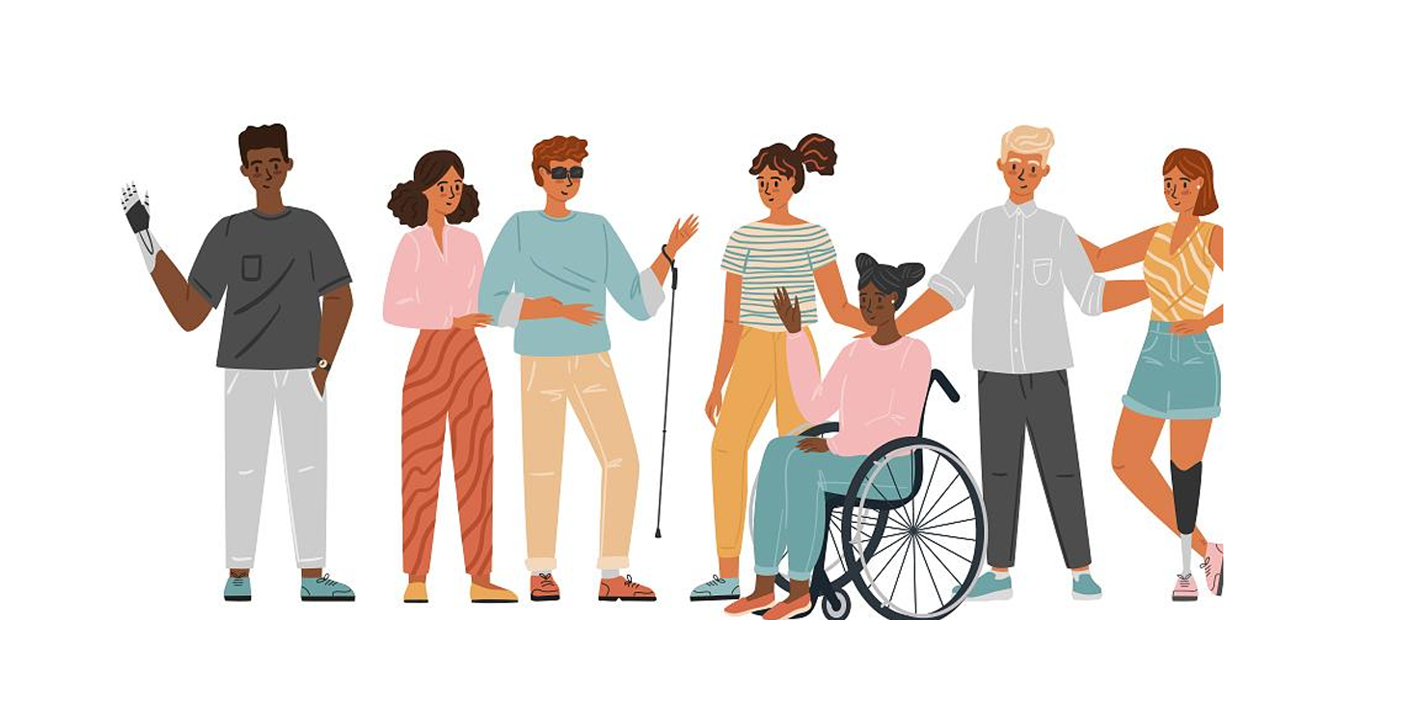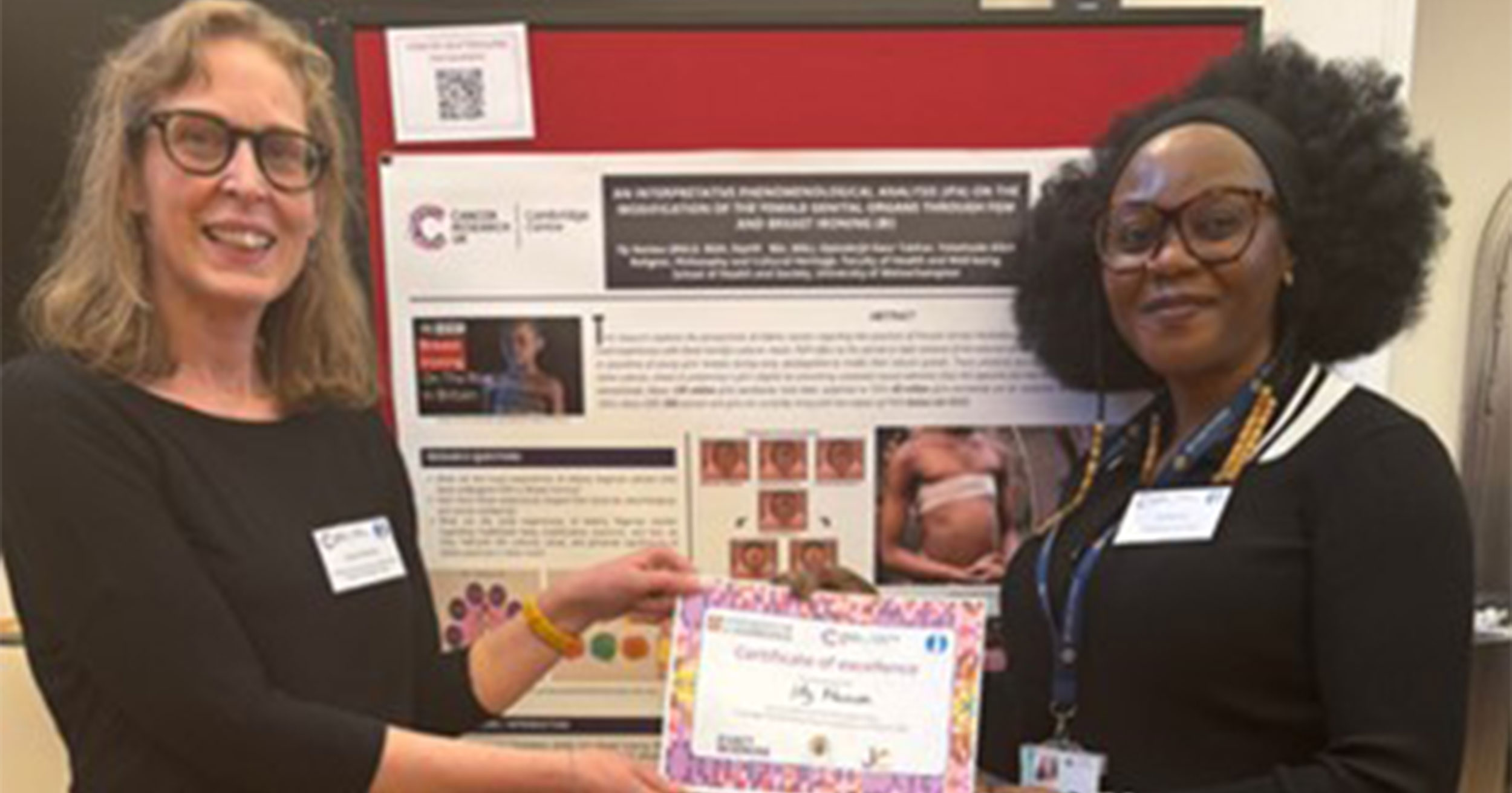
The start of a summer of sport
Dr Richard Medcalf, Director of the University of Wolverhampton's Institute of Human Sciences, reflects on the summer of sport ahead.

Sport and physical activity have become central to government policy making over the past 18 months with a renewed appreciation of the health benefits of exercise and time spent outdoors.
We have seen how people’s physical activity behaviours have changed, and for many of us our relationship with sport has evolved as the pandemic has taken various turns. We have also seen how social inequalities have been exacerbated over the course of the COVID-19 pandemic, with health equity being the focus of ‘Build Back Fairer; the COVID-19 Marmot Review’. The critical role of the leisure industries as part of our recovery (and the ‘levelling up’ agenda) cannot be underestimated.
The impact of major events on our wellbeing and on the economy has also now come into focus.
In the coming month we have the culmination of Euro 2020 at Wembley, the Wimbledon tennis championships, Formula 1 comes to Silverstone and the Olympic Games will begin in Tokyo. All of these major events come at a time when it looks like social restrictions will be eased whilst case numbers continue to increase.
It has become clear that the ‘Event Research Programme’ has sought to transcend any Public Health concerns that come with a loosening of restrictions alongside the needs of the economy and the wish that many of us have for the social interaction that comes with being a spectator of sport.
We know a lot about the relationship between our place and the opportunities we have to be active (see the Active Black Country insight hub); participating in physical activity has unquestionable health benefits but isn’t without significant barriers for many people. Spectating is also a social construct and the place of elite sport in society is a complex relationship.
These themes cut across many of the topics that we teach and research in higher education sports courses; the management and impact of major sporting events, the adaptations in the body as a response to exercise, the impact of world-class coaching and management on football performance, the importance of recovery for athletes, or the influence of the return of large crowds in stadium and how that might influence performance.
Against this backdrop we have seen a real spike in interest in our sports courses at the University. If you’re interested in studying sport visit www.wlv.ac.uk/sport
For more information please contact the Corporate Communications Team.


/prod01/wlvacuk/media/departments/digital-content-and-communications/images-2024/Diane-Spencer-(Teaser-image).jpg)
/prod01/wlvacuk/media/departments/digital-content-and-communications/images-18-19/220325-Engineers_teach_thumbail.jpg)
/prod01/wlvacuk/media/departments/digital-content-and-communications/images-2024/240509-Menopause-Research-Resized.jpg)
/prod01/wlvacuk/media/departments/digital-content-and-communications/images/Maria-Serria-(teaser-image).jpg)
/prod01/wlvacuk/media/departments/digital-content-and-communications/images-2024/241014-Cyber4ME-Project-Resized.jpg)
/prod01/wlvacuk/media/departments/digital-content-and-communications/images-2024/240315-Research-Resized.jpg)
/prod01/wlvacuk/media/departments/digital-content-and-communications/images-2024/BDA-group-photo.jpg)

